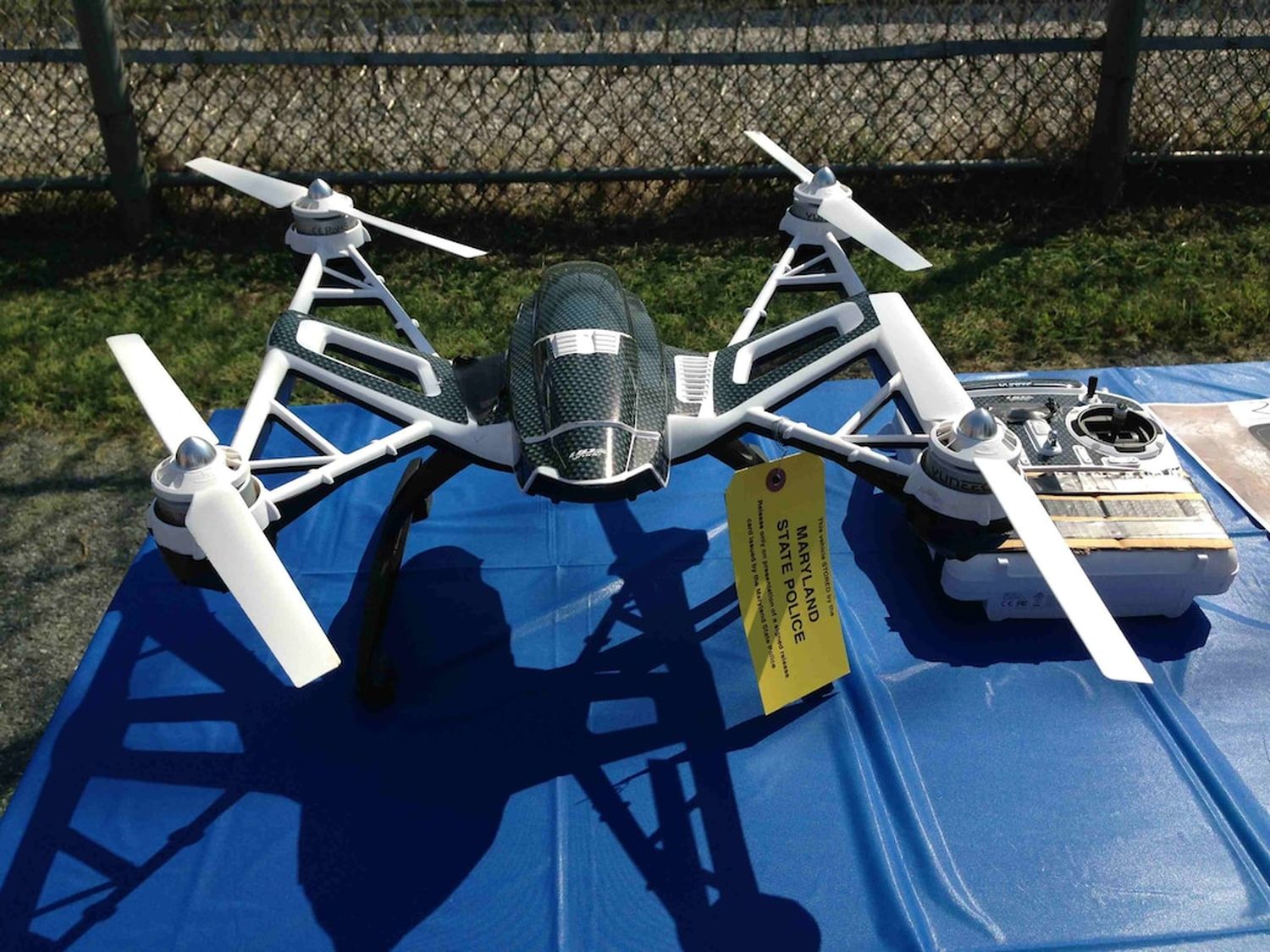Airborne smuggling is the new black: drone-delivered prison contraband is on the rise
Recent discovery of a plot to enter prohibited goods into Kuwait’s main prison has confirmed an alarming trend that is growing worldwide: with easier access to heavier and more capable drones, the possibilities for them to be used for crime are on the rise.
According to Al Jarida, last Friday authorities foiled an attempt by three drones to sneak into Sulaibiya complex. The remote piloted aircraft entered the Central Jail premises and attempted to land in the prison premises but were discovered by security personnel.
A drone was captured, while other two were able to fly away at high speed, one towards Sulaybiya area and the other bound to Al-Raqi area. The General Directorate of Criminal Investigation has been notified of the incident to track the fleeing drones while the seized drone was handed over to the Criminal Evidence Department to identify persons behind the attempt.
Authorities in the Central Prison have opened a large-scale investigation to identify persons who had planned to receive the drones.
A global problem
This last attempt is just one sample of a concerning and escalating procedure: according to the US Department of Justice, «Drone delivery of contraband is an increasingly vexing problem for the Federal Bureau of Prisons and state corrections officials.»
Last July, a 44-year-old Houston man was charged in the Eastern District of Texas for allegedly operating a drone over FCI Beaumont in east Texas.
In April 2022, a 30-year-old former inmate pleaded guilty to conspiring to smuggle phones and tobacco into FCI Fort Dix in New Jersey. And in August 2021, three Atlanta men were sentenced to a year each in federal prison for using drones to smuggle contraband into Telfair State Prison in Georgia.
No country or area is safe: Canadian authorities have stated that Donnacona Institution, one of its maximum-security facilities and located just forty-five kilometers outside Quebec, receives an average of three drone deliveries per week.
Panama’s La Joya and La Joyita complexes face a similar issue with drugs, guns and cell phones being delivered incessantly to inmates, sometimes with guard complicity.
Fighting technology with technology: Drone disruption systems come to play
Ireland’s battle to regain prison air superiority is on: according to Dronedj report, six Irish prisons have installed jamming/suppression systems to avoid drone overflights.
IAI’s ELI-4030 Drone Guard system is a proven tool that can identify, intercept, and disrupt communications between the operator and the aircraft, but the deployment is both complex and expensive. The solution -and others that are similar- offers softkill and hardkill interception both in fully autonomous mode, but the need of qualified personnel for installation and configuration will take a good amount of time and budget.
At the time being, there are few options outside an electronic dome around prisons for the drone delivery campaigns to fail: that would force criminals to find alternate ways for contraband to enter, either pushing innovation or getting back to basics.


Para comentar, debés estar registradoPor favor, iniciá sesión